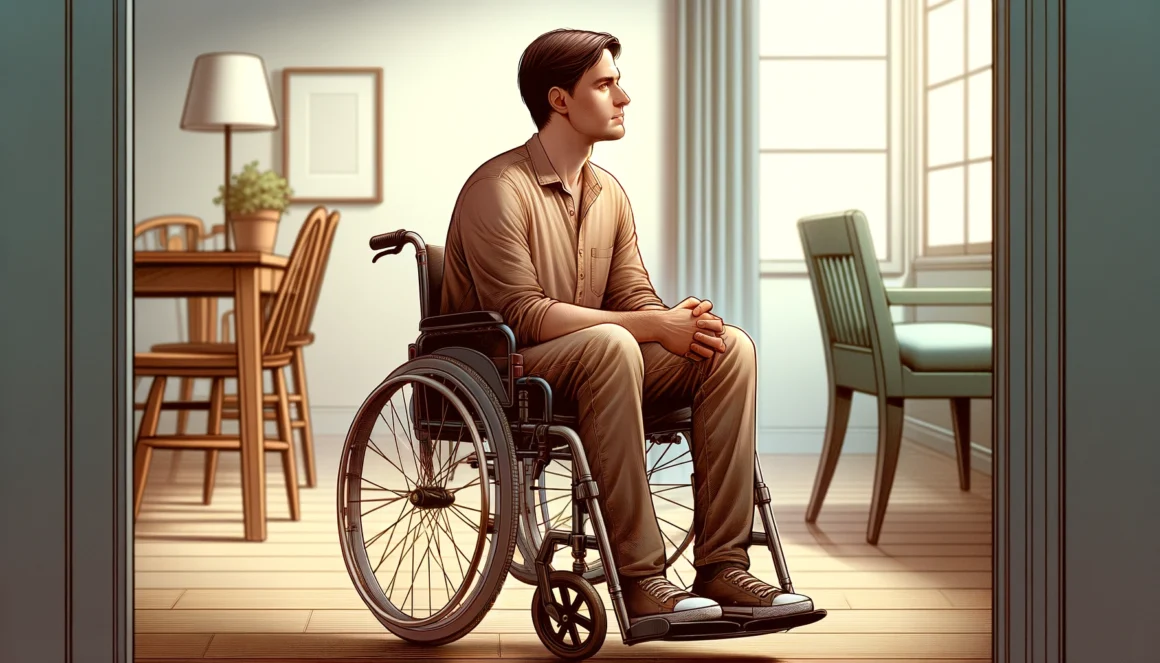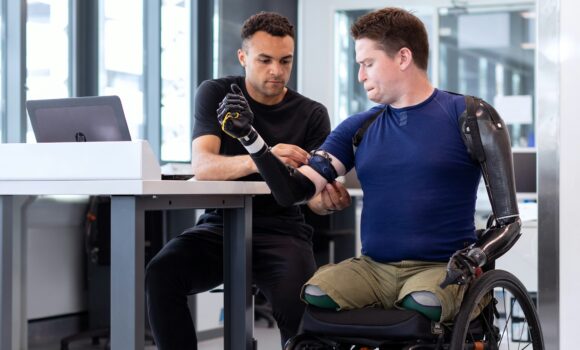What Are The Levels of Paralysis?

Paralysis is a devastating condition that affects millions of people worldwide. It can be caused by various factors, including accidents, spinal cord injuries, and medical conditions. If you or a loved one has suffered from paralysis, it is crucial to understand the different levels of paralysis to determine the appropriate treatment and care.
In this blog post, we will provide you with a comprehensive guide to the levels of paralysis and how they can affect your life. We will also share some tips on how to cope with paralysis and where to seek help.
Understanding the Levels of Paralysis
There are different levels of paralysis, depending on the extent of damage to the spinal cord. The most common levels of paralysis are:
- Quadriplegia: This type of paralysis affects all four limbs and the torso.
- Paraplegia: This type of paralysis affects the lower half of the body, including the legs and hips.
- Hemiplegia: This type of paralysis affects one side of the body, including the arm, leg, and face.
Coping with Paralysis
Paralysis can be a life-changing experience that can affect your physical, emotional, and mental well-being. It is crucial to find ways to cope with paralysis and maintain your quality of life. Some tips for coping with paralysis include:
- Seeking emotional support from family, friends, or a therapist.
- Participating in physical therapy to maintain muscle strength and mobility.
- Using assistive devices such as wheelchairs, braces, and crutches to aid in mobility.
Seeking Help for Paralysis
If you or a loved one has suffered from paralysis, it is essential to seek help from a qualified medical professional. A doctor can diagnose the extent of your paralysis and recommend appropriate treatment options. Some resources for seeking help for paralysis include:
- The National Spinal Cord Injury Association
- The Christopher and Dana Reeve Foundation
- The American Paralysis Association
Ultimately, paralysis is a life-changing condition that can affect your physical, emotional, and mental well-being. It is crucial to understand the different levels of paralysis and seek appropriate treatment and care. By following the tips outlined in this blog post and seeking help from qualified professionals, you can cope with paralysis and maintain your quality of life.
At Strong Law, P.C., we understand the devastating impact of paralysis on your life and your loved ones. Our experienced personal injury attorneys can help you navigate the legal system and obtain the compensation you deserve. Contact us today to schedule a free consultation. (417) 887-4300
Tell Us About Your Case
Contact us today at (417) 887-4300 or online to arrange your free case evaluation. Our Experienced Trial Attorneys will walk you through your legal options.


